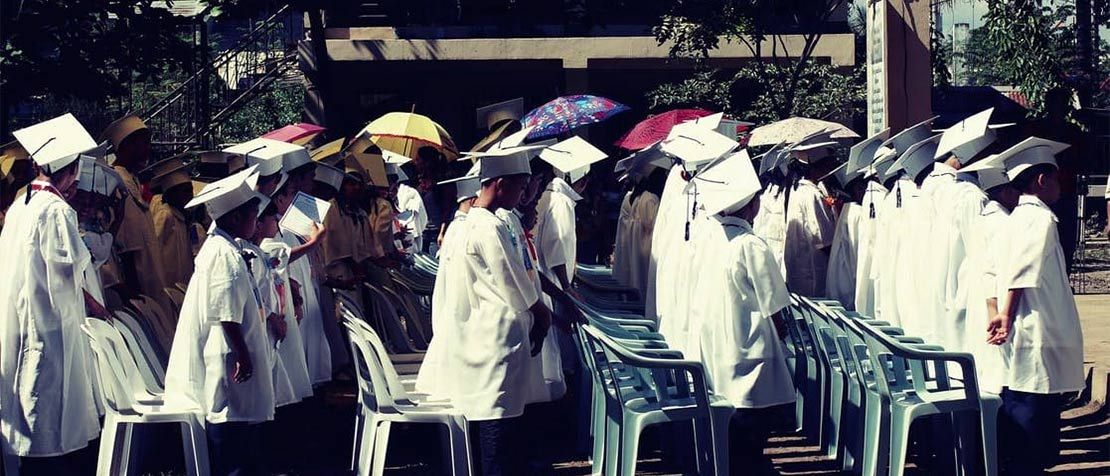
Connecting schools and communities in Palestine (VIDEO)
In Palestine, information and communication technologies (ICTs) are not just connecting schools, they are connecting communities to critical skills necessary for the digital future.
In an effort to promote the use of ICTs by school children as well as enable local community access to the Internet, the International Telecommunication Union (ITU) has partnered with the Ministry of Telecommunications & Information Technology of Palestine to implement the Connect a School, Connect a Community project.
“In the past, students could only learn technology theoretically,” said Mohamad Mansoor, an ICT Teacher at one of the schools benefiting from the project.
Now, he explains, students can apply the theory they learn on the computers and can make significant advances in their ICT studies, a requirement of the new school curriculum.
“The computers and other devices provided by ITU have helped students raise their academic levels and develop their digital skills,” says Mashal Shamasneh, a director at one of the schools.
WATCH THE VIDEO:
The project, which started in 2013, targets schools and communities in remote and rural areas of Palestine. It has enabled students and community members to improve their digital skills and has even helped reduce the digital divide between rural and urban areas.
Training the local community
As part of the programme, the computers are made available to local communities.
“It’s great to see mothers and daughters come to the centre to acquire digital skills.” — Ibtisam Taha, school director
One school director, Ibtisam Taha, explains how her school conducts “Computer Illiteracy Eradication” workshops for mothers of students in order to teach them computer skills.
“It’s great to see mothers and daughters come to the centre to acquire digital skills,” she says.
Practical skills for students
Since the computers were installed, Hisham, a student, says he and his classmates have seen great improvement in their technology studies.
“Today things are very different, everything is very practical and hands on.” – Hisham, student
“Previously, everything was very theoretical and teachers had to make diagrams to try and illustrate what they were teaching.”

Teacher Hanan Geith explained how the project helped her school receive one computer for each child in the classroom.
“This has helped me as a school teacher give equal opportunities to all students and explore ICTs beyond the set curriculum,” she said. “The computers have particularly helped to increased the understanding and creativity of girls when it comes to ICTs.”
RELATED: Bringing the digital revolution to all primary schools in Kenya
“As the School Director, I am proud to have a computer laboratory in our school,” said Mashal Shamasneh.
